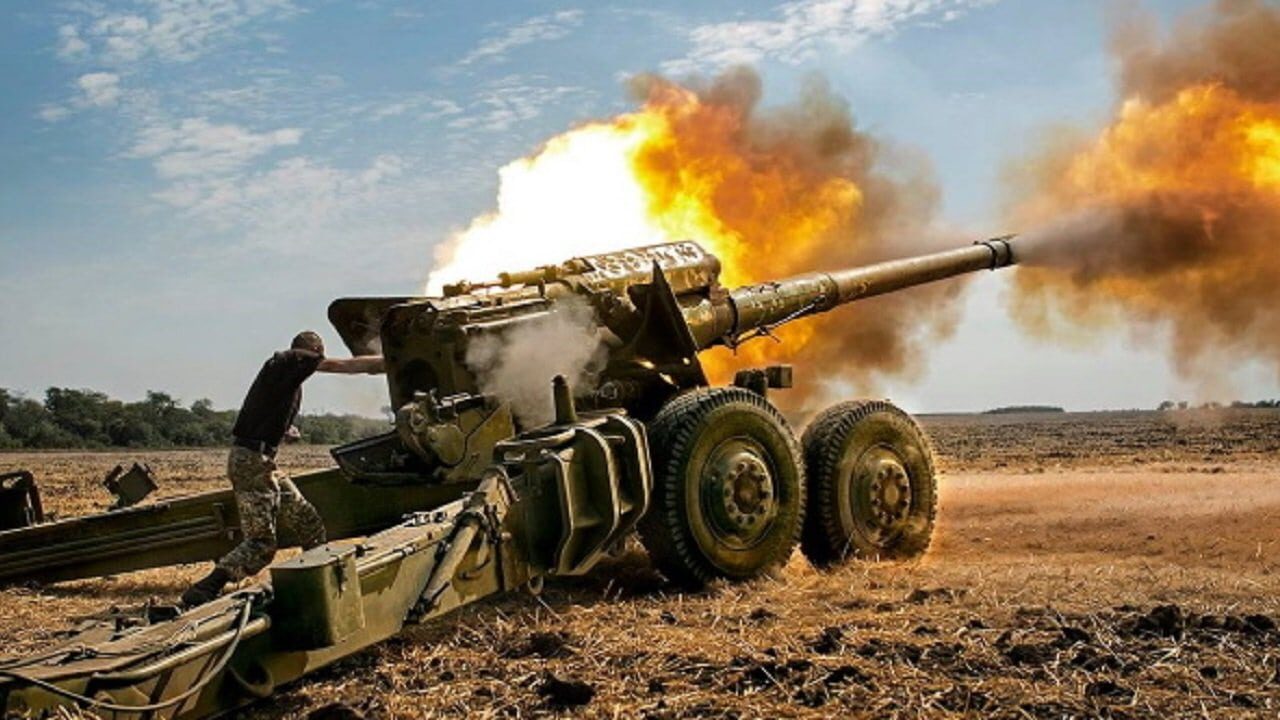Over the weekend, U.S. President Joe Biden made it clear that he would not support the entry of Ukraine in the North Atlantic Treaty Organization (NATO) while Russia’s invasion is ongoing.
In an interview with CNN, Biden stated that the intergovernmental organization could consider adding Kyiv to its ranks after the war formally ends.
However, Biden also confirmed that the U.S. and other NATO allies would continue to support Kyiv’s defensive efforts with aid packages
. Since the invasion broke out in February 2022, NATO allies have provided billions of dollars’ worth of humanitarian assistance, weapons and other military equipment to Ukraine.
Biden also noted that he had refused to commit not to admit Ukraine earlier on in the war due to NATO’s “open-door policy,” an action requested by Russian President Vladimir Putin.
Biden pushes Ukraine’s potential entry to NATO down the line
“I don’t think it’s ready for membership in NATO,” Biden said in an interview with CNN’s Fareed Zakaria that aired over the weekend “I don’t think there is unanimity in NATO about whether or not to bring Ukraine into the NATO family now, at this moment, in the middle of a war.”
These remarks coincided with Turkey’s approval of Sweden’s bid to join the intergovernmental organization.
This move is significant, as it potentially enables NATO to expand across from than one thousand miles around the Baltic Sea, creating a potential chokepoint for Russian vessels in the area. Additionally, Ankara’s decision came in the final hours leading up to NATO’s annual summit in Lithuania, allowing members to show a force of unity in light of Russia’s escalating provocations.
Biden’s remarks regarding Ukraine’s NATO status closely followed the White House’s decision to provide controversial cluster bombs to Kyiv. Widely condemned by human rights groups, cluster munitions could result in higher civilian death rates.
More than 120 nations have signed a convention banning these types of weapons, which carry bomblets that can explode long after a battle ends, making Biden’s decision contentious.
Biden explained on CNN that the decision to provide these types of munitions was “difficult” to make, but that Ukraine’s defense may be squashed without them. Zelensky’s ultimate rejection of Biden’s decision to postpone NATO entry discussions could have impacted the U.S. president’s decision to throw Kyiv a bone with the cluster munitions.
What are the prospects of Biden changing his tune?
Following the Second World War, NATO was created by the U.S., Canada, and a few other Western European countries in 1949. With an intended goal to develop an alliance that would promote collective security against the Soviet Union, NATO has grown to 31 member states over the years.
Essentially, to join this organization, member states agree to defend each other against attacks by outside parties. Kyiv is seeking admittance to NATO for clear reasons, it believes that the backing by the U.S. and other countries with more modern and robust militaries would thwart Russia’s advances. However, if Ukraine’s bid to join NATO is approved, the U.S.- and its allies- would be at war with Russia.
Obviously, this is not a position that Biden or the majority of American civilians and lawmakers want to be in.
Maya Carlin, a Senior Editor for 19FortyFive, is an analyst with the Center for Security Policy and a former Anna Sobol Levy Fellow at IDC Herzliya in Israel. She has by-lines in many publications, including The National Interest, Jerusalem Post, and Times of Israel. You can follow her on Twitter: @MayaCarlin.
From 19FortyFive
Total Massacre’: Ukraine Footage Shows Russian Cruise Missile Shipment Attacked
Video – Ukraine Has Massive New NATO ‘Cannon’ Ready To Fight Russia

